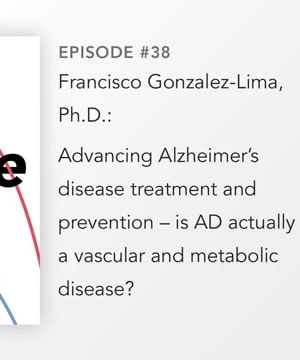Hypometabolism
Sources:
Hypometabolism refers to a state of reduced metabolic activity. It's often discussed in relation to various health conditions, including Alzheimer's disease, chronic fatigue syndrome, and more.
Alzheimer's Disease
In Alzheimer's disease, hypometabolism is observed as a "decrease in energy metabolism" in specific brain regions. This decline is detected through imaging techniques like PET scans 1. The brain struggles to generate ATP (the energy currency of cells) from glucose, but it can still efficiently use ketones, making ketogenic diets a potential therapeutic option for Alzheimer's patients 2.
Chronic Fatigue Syndrome
Chronic fatigue syndrome is linked to a significant down-regulation of metabolic machinery. Research indicates a hibernation-like state where energy production is minimized as the body shifts resources into protective mode, termed the "cell danger response" 3.
Broader Implications
- Diabetes and Brain Hypometabolism: Type 2 diabetes doubles the risk of Alzheimer's. This connection is thought to be due to disruptions in glucose transport and vascular damage in the brain, leading to hypometabolism 4.
- Neuromodulation and Depression: Hypometabolism is also relevant in the treatment of depression using neuromodulation techniques. PET scans reveal hypoactivity in brain regions, which can be targeted by therapies like TMS to restore normal function 5.
These insights highlight the critical role metabolic processes play in brain function and overall health, emphasizing the need for personalized treatment strategies.
RELATED QUESTIONS



